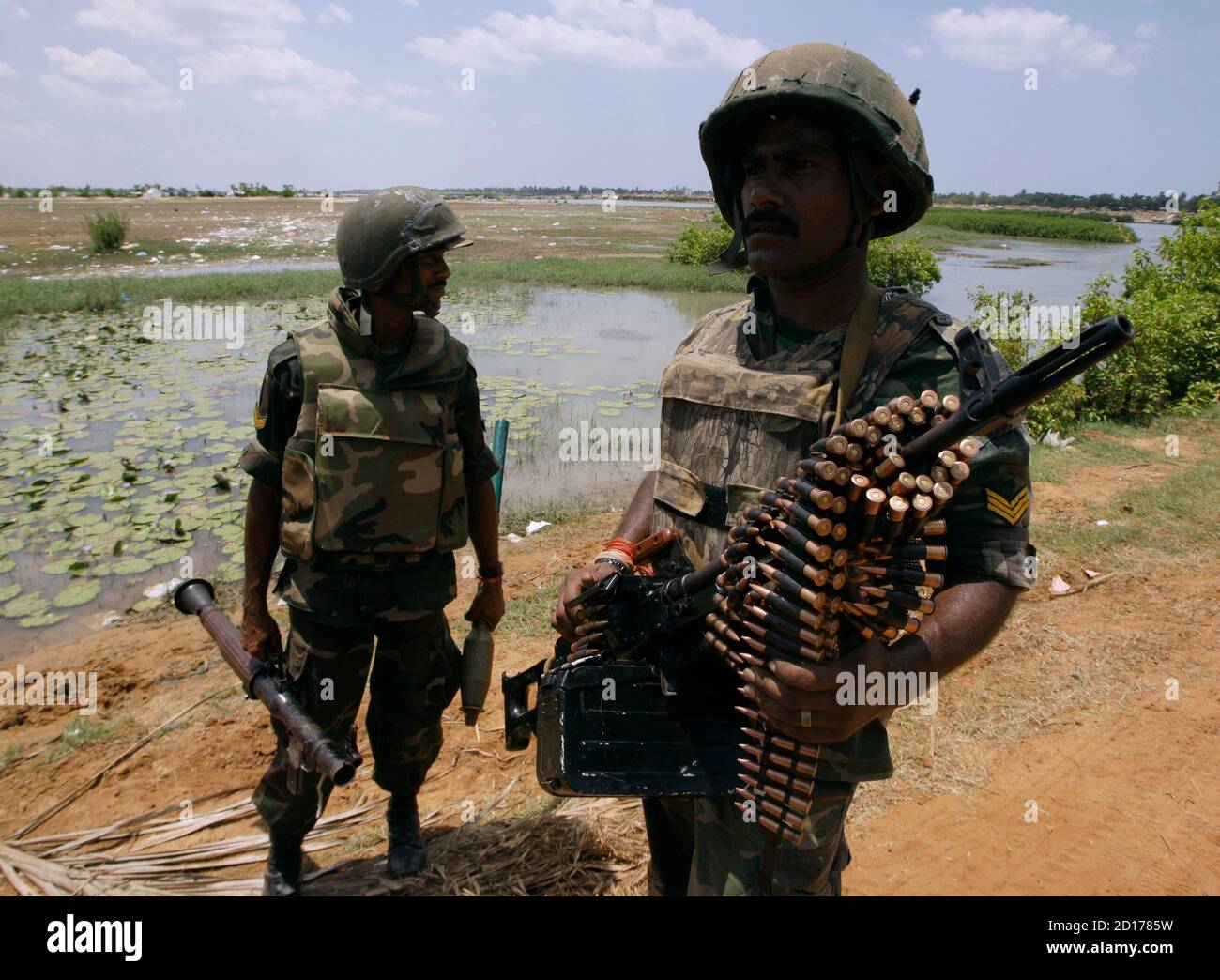

In the early stages of the war military doctors paid their attention to the physical wounds rather than the mental wounds. Therefore the suffers often took extreme effort to hide their battle fatigue symptoms. The words like Lossa (loser) Chokalat Soldaduva (Chocolate Soldiers) had been widely used. There were a number of disgraceful names that had been used to call the battle fatigued soldiers.

The avoidance of combat events and places or manifestation of fear feelings were considered as an act of cowardice. Many Sri Lankan combatants suffered from PTSD or gross battle fatigue often tried to hide the fear feelings that were associated with combat stress. Their lives had been saved either by an intervention by a family member or a military buddy.

They have had suicidal ideation, specific suicidal plan, mode and action.
#EELAM WAR I FULL#
Many researchers believe that disturbing symptoms of PTSD increase the suicide risk and others of the view that comorbid psychiatric symptoms that are associated with PTSD drive the victims to commit suicide.Ī study done during 2002 – 2006 discovered that among the 56 Sri Lankan combatants with full blown symptoms of PTSD, 17 of them had past suicide attempts. Studies suggest that suicide risk is higher in persons with PTSD (Ferrada, Asberg. Numerous researches indicate that there is a correlation between combat trauma and suicidal behaviors (Knox, 2008). Research and investigations revealed that the combat related PTSD was emerging in the Sri Lanka Army (Fernando & Jayatunge 2010). Upon my discharge I looked for my buddy but he was not among the survivors. When I went to Palei I merely lost my consciousness. I was upset but the physical exhaustion and dehydration had blocked my sorrowful thoughts. While I went further I heard a grenade explosion. I had no option, the enemy was coming nearby. He told me that when the enemy comes near him he would explore the grenade. My buddy was exhausted, he asked me to leave him and walk away. Our only option was to go to Palei and join the battalion strong hold there. The enemy was attacking us with mortar and sniper fire. We could not help anyone and we had to move forward. I saw a number of soldiers fell down on the way due to exhaustion and to the heat wave. The enemy was advancing and we were retreating towards Palei. Corporal KXX29 described the events that took place between the 21st of April 2000 and 22nd of April 2000. During the EPS debacle, 359 military personnel were killed, 349 were listed as Missing in Action and some 2500 were injured. Following abstract from an eyewitness’s account during theElephantPassdebacle that occurred in 2000 due to the inefficient strategic evacuation plan. Some military suicides had been recorded during the active combat.

Therefore proper investigations would be needed to extract the truth behind these military suicides and cases should be reviewed through a compassionate eye. But the fact remains that a notable percentage of combatants committed suicide were psychological casualties of the war probably shattered by the combat stress or battle fatigue. Downheartedly most of these victims did not receive military honor posthumously or pensions for their dependents. These actions were condemned by the military law and criticized as acts of cowardice. Some soldiers could not cope with the devastating events related to the war and took their own lives on the battlefield. Following the overwhelming combat stress many had nostalgic and pessimistic feelings about life. Many witnessed the gruesome realities of the war. Some combatants witnessed the deaths of their buddies as a result of sniper fire, mortar and artillery attacks. In these military missions the members of the armed forces underwent severe battle stresses that affected them physically and psychologically. Most of these suicides could have been avoided with early interventions.įrom 1987 to 2009 the Sri Lankan Military had launched nearly 25 major military offensives against the LTTE. Psychological autopsies of some of the cases revealed that the victims had depression, posttraumatic stress, psychiatric illnesses, addiction issues, relationship problems and severe work related stresses. During the Eelam War (1983 -2009) a significant numbers of the Sri Lankan military forces had committed suicide and some of the victims believed to have suffered from combat related stress.


 0 kommentar(er)
0 kommentar(er)
